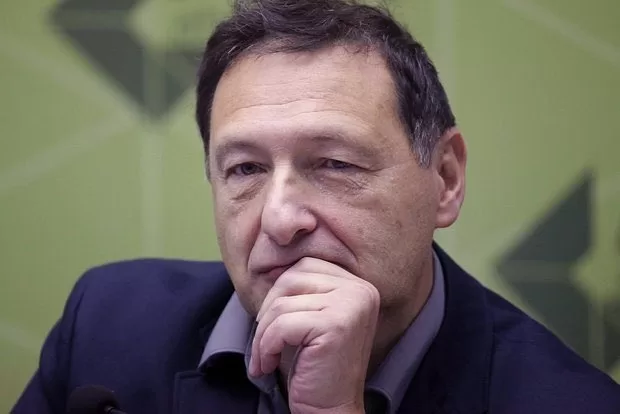A commission of jurists got together to draft a bill that regulates the creation of artificial intelligence in Brazil. The proposal was presented by the President of the Senate, Rodrigo Pacheco (PSD / MG), in the form of PL 2.338/2023.
The text is the result of the work of lawyers specializing in the subject and was created throughout 2022 – before the subject gained so much visibility. According to Pacheco, the objective is to establish rights to protect people, as well as create governance tools to supervise and inspect the activity.
In its 27 pages and 45 articles, the standard brings a set of general concepts to guide the development of AIs. It establishes, for example, the need to create mechanisms of “transparency, explainability, intelligibility and auditability”.
What does PL 2,338/2023 deal with?
There is an entire section dedicated to promoting the activity, with the definition of a competent authority and a sandbox for experimentation. Nothing may be placed on the market without the due sanction of this supervisory body.
Another section is exclusive to deal with the penalties applied to those who fail to comply with the rules. There are foreseen fines that could reach R$ 50 million and suspension of activities, partial or total, of the non-compliant company.
An entire chapter was dedicated to protecting the rights of people affected by AI systems. The standard obliges creators to provide detailed explanations of how decisions are made in these technologies, as well as making it possible to contest “automated decisions” with a request for human intervention.
AIs would be monitored before reaching the market
According to the senator’s project, all AI technology will need to undergo tests managed by the regulatory body. Only those who obtain the registration for the operation, which will determine the “degree of risk offered”, will be able to offer such solutions.
The proposal prohibits the use of AIs classified as “excessive risk”, although it does not detail what that means. Technologies that induce behavior that is harmful to people’s safety or health, such as those that exploit the vulnerabilities of specific groups, such as children or the elderly, will also be prohibited.
For cases involving the collection and use of personal data, the regulations maintain the devices provided for in the General Data Protection Law (LGPD). This even applies to those who use the information for purposes other than the AI itself.
For lawyer Carolina Giovanini, a specialist at Prado Vidigal Advogados, it is essential to reflect on the impacts of regulation at this time of evolution. She explains that a “premature regulation”, that is, done in a very superficial way, could quickly become obsolete.
“Legislative solutions that are too rigid and that do not consider the different uses of technology can represent an obstacle to the development and improvement of AI, impacting the promotion of innovation in the country”, explained Giovanini. The lawyer believes that Brazil already has rules that could be associated with the use of AI, such as the Consumer Protection Code and the Civil Rights Framework for the Internet.
What happens now with PL 2,338/2023?
O PL 2.338/2023 was presented at the Plenary of the Federal Senate and awaits dispatch to determine the next steps. The most likely rite is that it will be sent for analysis by the Committee on Science, Technology, Innovation, Communication and Informatics (CCTI) of the Senate, but the Board of Directors could also forward the creation of a special committee.
Today, the country does not have a regulatory framework for the sector, which brings legal uncertainty to those who work in the production of AIs. The lack of standards also creates a gap in the technological part, which prevents public bodies and entities from creating research and development incentive programs.
As the theme is on the rise in the world, it would not be surprising if the proposal gained a more accelerated processing. Regulating AI standards is a recurring theme among AI developers, including calls from OpenAI CEO Sam Altman, creator of ChatGPT, for this to happen quickly.
If Brazil starts to discuss the norm, it would be the first country to enter into this theme. Not even the United States, where the main companies in the sector are located, have begun to debate clear rules on AI.





